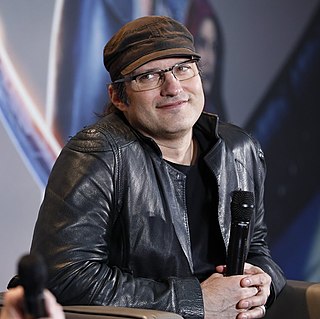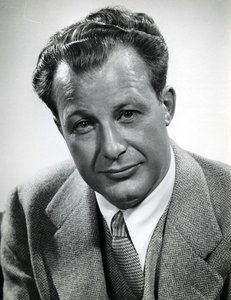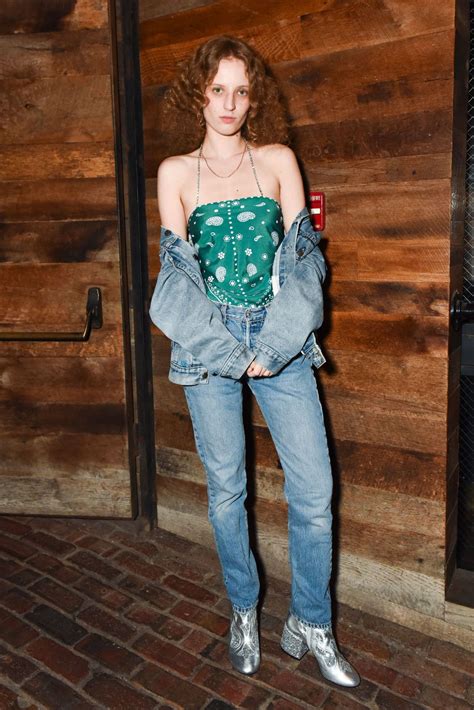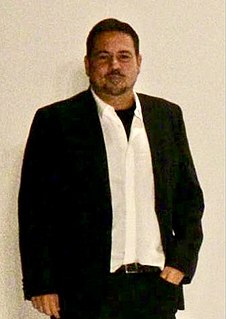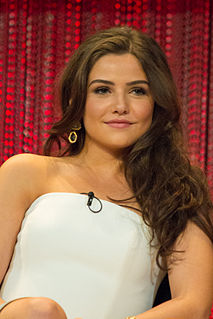A Quote by Juliet Marillier
There are technical tricks that may help you create more effective characters. My approach to characterization is not at all technical. I can't really analyze how I do it, but I am sure of one thing. To write convincing characters, you must possess the ability to think yourself into someone else's skin.
Related Quotes
I suppose it's possible that a writer would have feeling for his characters, but I can't see how, because writing is such a meticulous, intricate, technical business. I wish I could say that I love my characters and that frequently they take over the book and run away with the plot and so on. But they don't exist.
What interests Sam Mendes are characters and relationships, and he was a genius at giving you the freedom to create the type of character you want, and also to explore and have fun with your fellow actors. For him, characters and relationships are really the heartbeat of the film, and then the action is the backdrop. By developing the characters, he makes you care that much more about the action and going on a journey with the characters.
The nature of acting is that one is many characters and jumps from one skin to another as a way of life. Sometimes it's hard to know exactly what all of your characters think at the same time. Sometimes one of my characters overrules one of my other characters. I'm trying to get them all to harmonize. It's a hell of a job. It's like driving a coach.
Seriously, I do not know what to say of this book [ Absalom, Absalom!] except that it seem to point to the final blowup of what was once a remarkable, if minor, talent… this is a penny dreadful tricked up in fancy language and given a specious depth by the expert manipulation of a series of eccentric technical tricks. The characters have no magnitude and no meaning because they have no more reality than a mince-pie nightmare.
The way I see the job, my definition of it, is to create characters to the best of your ability and then fit into what's trying to be accomplished in the general framework of the film. I think that's whether you're doing this- even if you're doing musical theater. That's what I think an actors job is. I don't know. I like to think what an actors job is is to create characters.
The thing about Parsons compared to the other schools is that it really teaches you how to be a designer, whereas some of the other schools teach you to sketch or teach you the technical skills. But the curriculum at Parsons when I was there was how do you put a collection together, as well as all the technical stuff. It's the best training.







